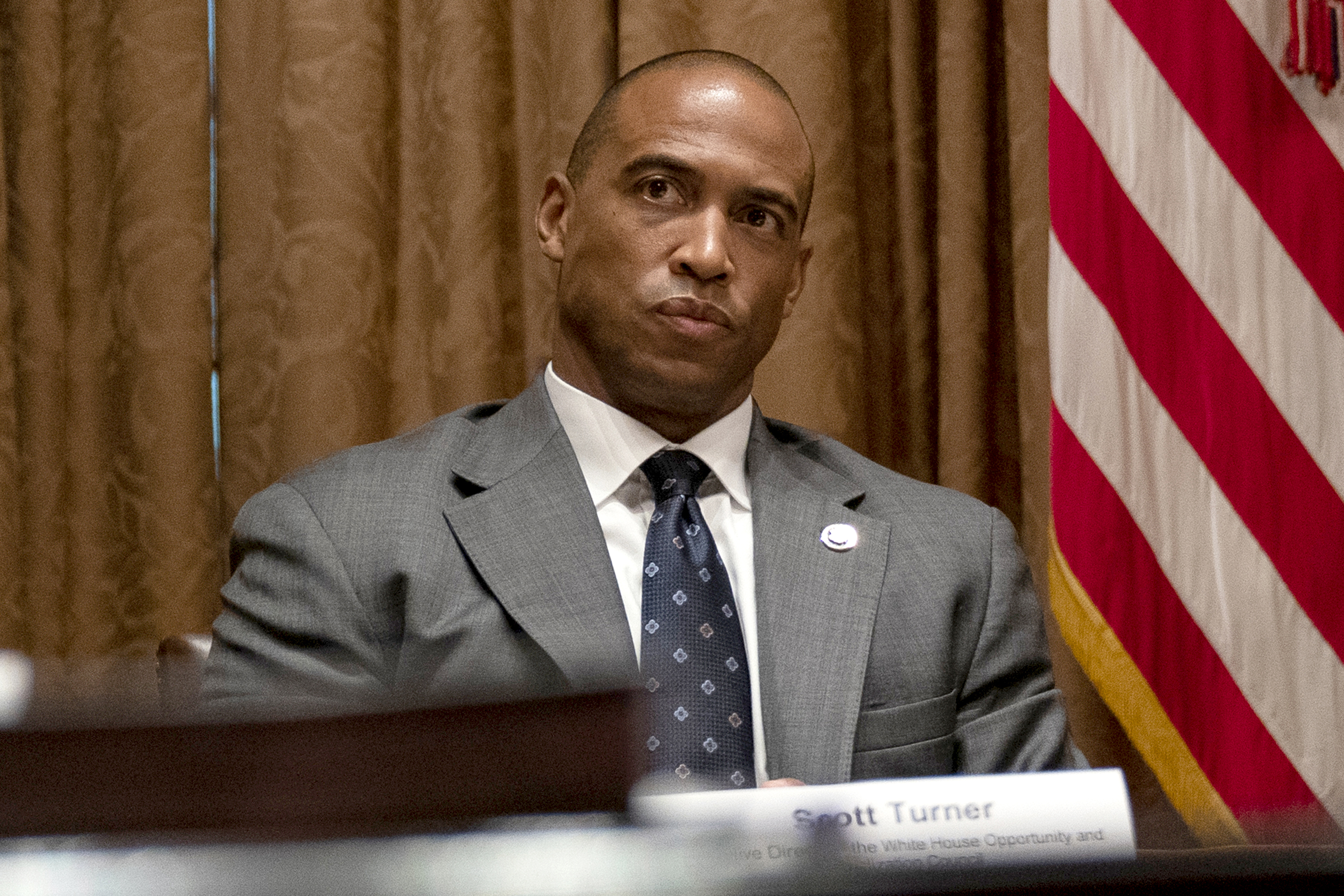The family of a man shot and killed by Philadelphia Police Monday is not calling for the officers to be charged with murder, their attorney said Thursday, but noted that different training or a nonlethal weapon like a Taser might have diffused the situation while keeping Walter Wallace Jr. alive.
Gathered outside City Hall Thursday, attorney Shaka Johnson and Wallace's family told reporters and news cameras that the city "has failed not only the Wallace family, not only the members of that community...the city has also failed those police officers."
"The only remedy the police had in that moment, per their thinking, was their service weapon," Johnson said.
The two officers who shot Wallace were not equipped with Tasers, police officials have said.
Videos posted to social media Monday showed two officers firing at Wallace, 27, near 61st and Locust streets in West Philadelphia. Wallace was holding a knife while undergoing a mental health crisis, Johnson and family said.
"I would like to see justice done for what they did to my son. I wouldn't wish this on no one's child at all," Wallace's mother, Cathy Brant, said Thursday. "It just hurts me so bad to see how the people was in the world. I pray things change."
U.S. & World
As of Thursday, the city had not released footage from the officers' body-worn cameras, saying it planned to review the clips with the family before the release. Johnson said he and Wallace's family reviewed the clips multiple times Thursday morning before giving the city permission to release the footage.
The footage shows the officers remove their guns from their holsters, move around a vehicle, and shoot Wallace, Johnson said. One of the officers can be heard saying 'shoot him' to the other, he said.
"The moment an officer takes their service weapon out of the holster, the situation has escalated. It has escalated. And they teach you that in the academy," Johnson said. "There was no attempt, no viable attempt, to de-escalate. De-escalation is not just shouting 'drop the knife, drop the knife' with your weapon out and pointed. That's not de-escalation."
Johnson wondered why the officers couldn't have retreated from the scene to call for a crisis-trained officers or one of the one-third of the department trained to carry an electronic control weapon, commonly referred to by the brand name Taser.
"To a hammer, everything looks like a nail...They train you to be an assassin when the time calls for it. You have to use your discernment to figure out which time that is. It was not this time. However, those particular officers were only given a tool by which to assassinate, which is a service weapon chock-full of ammunition. But nothing in between."
State law allows officers to use deadly force if they fear imminent bodily harm to themselves or others. Outlaw said this week that the internal investigation will have to take into account the officers' frame of mind.
On the body camera videos of the incident, Johnson could hear neighbors and family shouting "he's mental" and urging officers not to shoot, he said.
Police said the officers each fired seven rounds, though it has not been revealed how many hit Wallace, who collapsed in the street. The shooting sparked peaceful protests and later, looting that the family has publicly denounced.
The officers' names were not public Thursday afternoon, more than 72 hours after the shooting. State law requires the officers' names to be released within that time if doing so would not threaten their safety; the city has not publicly communicated whether any threats were made to the unnamed officers.
Police Commissioner Danielle Outlaw promised a full and complete investigation from the department's officer-involved shooting unit, and Johnson noted that city leaders including Mayor Jim Kenney and District Attorney Larry Krasner have run for office on progressive issues.
Outlaw, Kenney and Krasner announced in a joint statement Thursday night that the body cam footage and 911 audio related to the shooting would be released "by the end of next week after certain matters are resolved in close consultation with Mr. Wallace's family and their legal counsel."
Johnson hopes for a different outcome than in some other high-profile police killings from across the nation, where investigations or grand juries found no wrongdoing despite public outcry.
"We’re not in Kentucky, thank god. We’re in a progressive city. And I’m getting ready to find out, at the same time you folks will, whether that’s a bunch of rhetoric, or whether there’s some truth to it," Johnson said.
He said of the family: "they want to see change. And that sounds like a really hopeful sort of fantastical sort of notion. But they want to see change meaning that no one else who is suffering from a mental health crisis should be met by ill-trained, ill-prepared, ill-equipped police officers."



